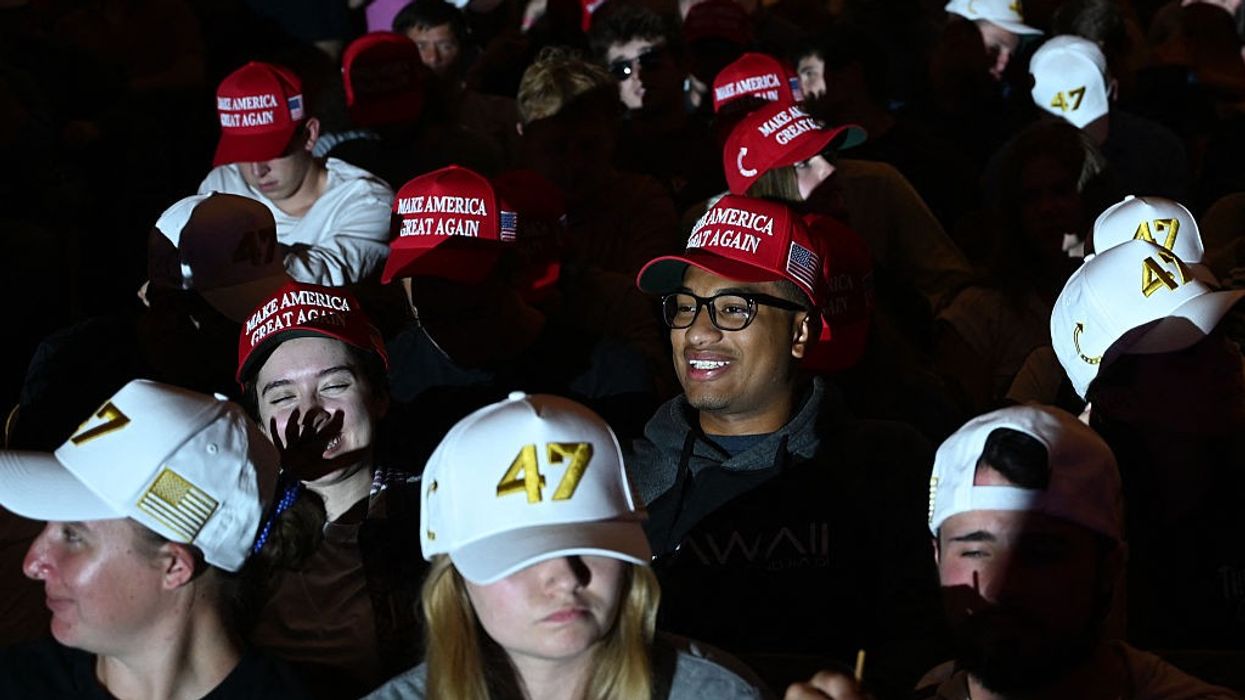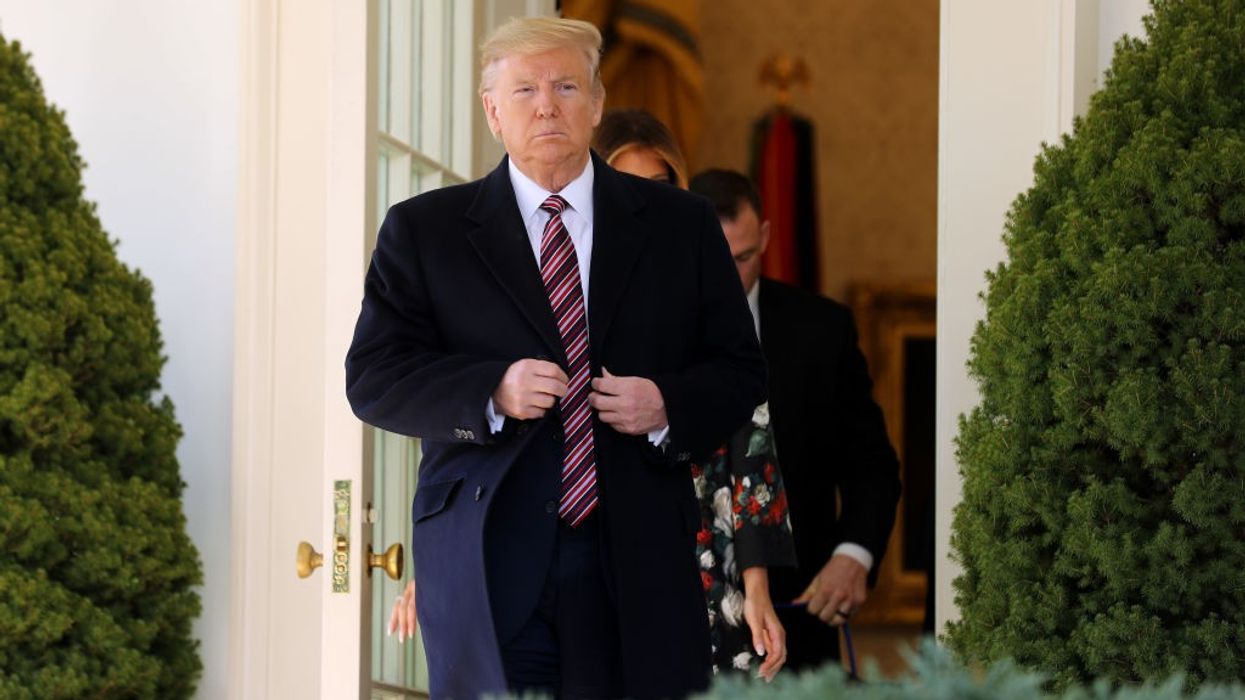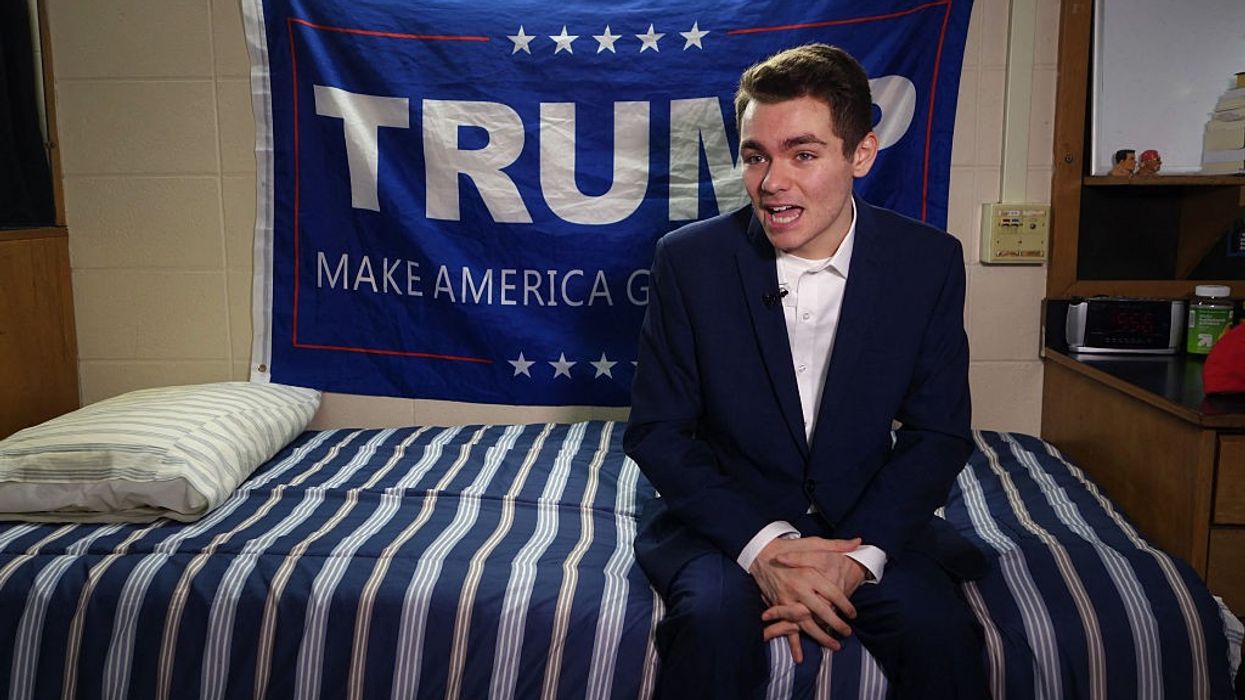Highlights:
- Republican defeats in three states sparked internal criticism of MAGA rhetoric.
- Indian-Americans shifted toward Democrats after months of anti-India commentary.
- Dinesh D’Souza said hostility on the Right is undermining Trump’s coalition.
- Online influencers targeted Hindu identity, immigration, and H-1B visas.
- The backlash signals a deeper GOP struggle over inclusivity vs. ethnonationalism.
The recent losses of Republican candidates in key elections across New Jersey, New York, and Virginia have sparked intense debate within conservative and MAGA-aligned circles. Several commentators and analysts now argue that a growing wave of anti-India and anti-Hindu sentiment among influential right-wing figures has pushed Indian-Americans away from the GOP, despite their previously increasing visibility within the conservative voter base.
Indian-Americans, who were seen as a rising Republican-leaning group, particularly during Donald Trump's 2024 campaign, reportedly shifted their support in the latest Virginia election, choosing the Democratic candidate instead.
Experts and political observers attribute this change to months of hostile rhetoric from prominent MAGA influencers such as Tucker Carlson, Candace Owens, and Nick Fuentes. Their commentary has repeatedly targeted Indian immigrants, Hindu cultural practices, and US-India relations, creating a narrative perceived as exclusionary and racially charged.
Indian-origin conservative commentator Dinesh D’Souza sharply criticized this shift in tone on the Right. He argued that Trump’s earlier political success stemmed from appealing to conservative Americans of varied backgrounds, including Black, Jewish, Latino, and immigrant communities who valued national pride and assimilation. However, D’Souza claimed that voices like Carlson, Owens and Fuentes have diverged from Trump’s inclusive nationalist messaging, undermining the coalition that once fueled Republican momentum.
“Trump wins because his America First includes conservative immigrants who love the country,” D’Souza wrote. “But this new formula of hostility is sabotaging that success. A loud group on the Right said, ‘Indians go home,’ and many clearly got the message—by switching to Democrats.”
This sentiment has been echoed widely on conservative platforms following the election results. Several social media users described the backlash as self-inflicted, noting that constant mockery, xenophobic remarks, and attacks on the Hindu faith would inevitably drive voters away. Commentator Richard Hanania observed that while online outrage does not always translate to electoral behavior, in this case, the targeted and persistent nature of the hostility made an impact.
Another discussion point fueling the backlash was the controversy surrounding Senator JD Vance and his wife, Usha Vance, who is Hindu. Critics pointed out how certain commentators suggested she should convert to Christianity, a stance many saw as a sign of rejection toward cultural diversity even within conservative families.
The past year has also seen intensifying criticism of Indian immigrants and the H-1B visa program, with some Republicans calling for deportations and severe restrictions. For many Indian-American professionals, these statements contradicted their belief that the GOP once represented opportunity, economic growth, and strong US-India ties.
As conservative factions reflect on these election losses, the divide between nationalist inclusion and ethnonationalist exclusion has come sharply into focus, raising broader questions about the future of the GOP’s demographic outreach.















